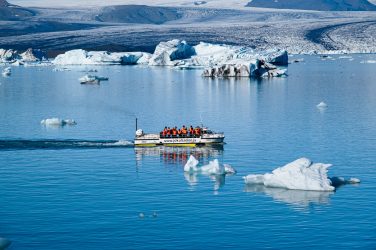According to research by the University of Birmingham, water fleas are able to contribute to wastewater purification by filtering out pesticides, drugs and chemicals.
Unfortunately, wastewater treatment plants today do not remove all contaminants, and some even return to the environment. The consequence is that these substances through various routes such as irrigation enter our food chain.
The animals that are supposed to come to our aid are not really fleas, but crustaceans that filter food by ingesting small particles of debris, algae and bacteria.
The researchers therefore began to investigate a way for these animals to also ingest toxic chemicals such as the pharmaceutical compound diclofenac, the pesticide atrazine, the heavy metal arsenic and the industrial chemical PFOS.
Such animals have proven to be a perfect natural filter
The team selected the most suitable fleas from dormant embryos on the river bottoms.
Italian researcher Luisa Orsini reawakened these embryos, which had been deposited at times when pollutants were widespread and thus may have developed a management capacity for adaptation.
Finally, the suction capacity was tested. Water fleas were able to absorb 90% of diclofenac, 60% of arsenic, 59% of atrazine and 50% of PFOS. Moreover, fleas are self-sufficient animals because they reproduce by cloning and are self-regulating, growing or shrinking according to available nutrients.









Show Comments